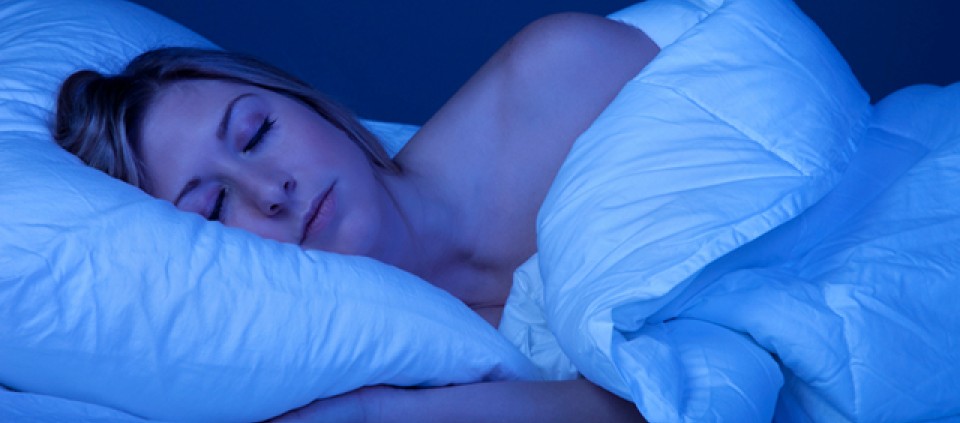The Sleep-Exercise Link

We’ve all been there: tossing and turning in the middle of the night, watching the minutes on the clock creep ever so slowly forward as we ache for least four or five hours of shut-eye before we have to start the day. It’s agony but, for insomniacs, it’s all too commonplace.
You might think the worst thing lack of sleep can cause is fatigue, but the long-term effects are more serious. “I really think poor sleep is an under-recognized public health hazard,” says Lisa Nelson, MD, Director of Medical Education at Kripalu. “Poor sleep has been linked to depression, anxiety, obesity, and other chronic disease states, not to mention errors in decision-making, slowed response time, difficulty concentrating, and car accidents.”
The good news is that a healthy habit that we all aspire to—regular exercise—can also improve sleep, according to some studies. “There’s fairly good evidence that moderate-intensity aerobic exercise helps people fall asleep quicker and stay asleep longer,” says Lisa. “There’s also some evidence that the quality of sleep is improved as well.”
But according to a recent article for insomniacs on Well, the New York Times blog, sleep may have more of an effect on exercise than exercise has on sleep. In a recent study published in the Journal of Clinical Sleep Medicine, a small group of insomniacs began engaging in 30 minutes of aerobic exercise three times per week. Interestingly, it was concluded that poor sleep had a greater effect on their ability to exercise the following day than exercising during the day had on their ability to sleep at night. In the short term, exercise didn’t seem to offer much relief.
An earlier study on exercise and sleep, however, showed that after four months of consistent exercise, a group of formerly sedentary insomniacs were sleeping 45 minutes to an hour longer most nights, and those results are as good as or better than most current treatments for sleeplessness. So insomniacs just need to be a bit more patient when it comes to the effect of exercise.
Those who regularly have trouble sleeping might want to avoid computers, television, and video games close to bedtime. “They tend to stimulate our minds and make it difficult to relax and let go,” says Lisa. Coffee in the afternoon, heavy meals late at night, and too much alcohol can also have us counting sheep into the wee hours.
On the plus side, there are simple practices that anyone suffering from sleeplessness can employ to grab those z’s. “Calming rituals before bed are very helpful,” says Lisa, “such as reading, taking a bath, or drinking a warm cup of herbal tea.”
© Kripalu Center for Yoga & Health. All rights reserved. To request permission to reprint, please e-mail editor@kripalu.org.